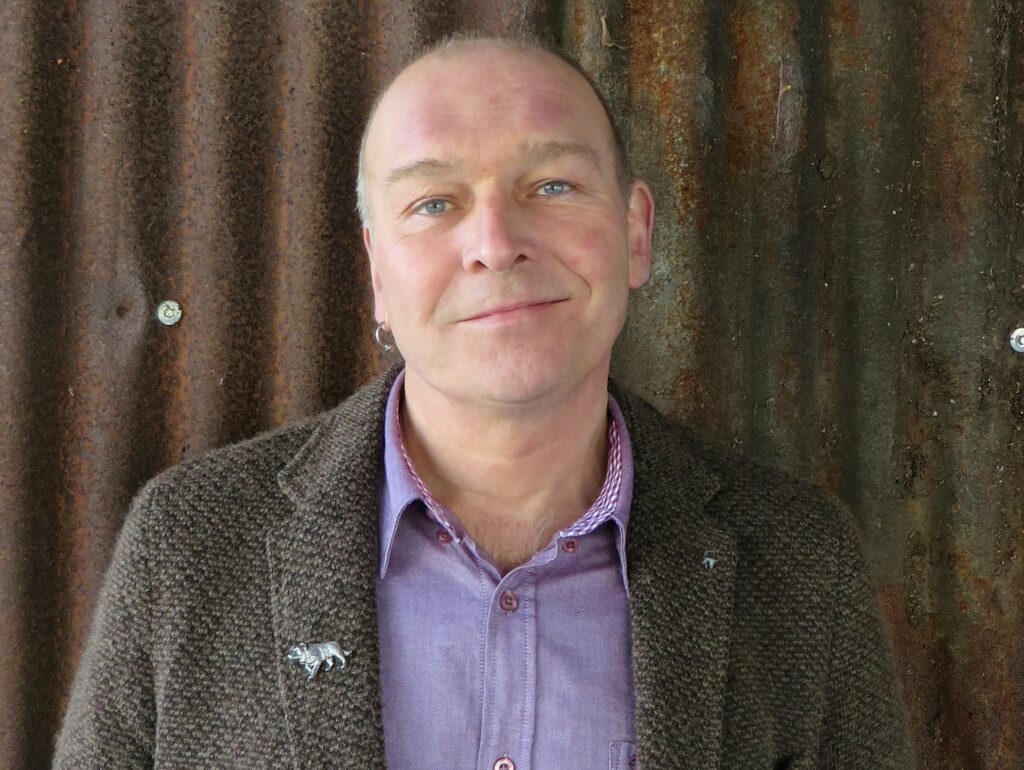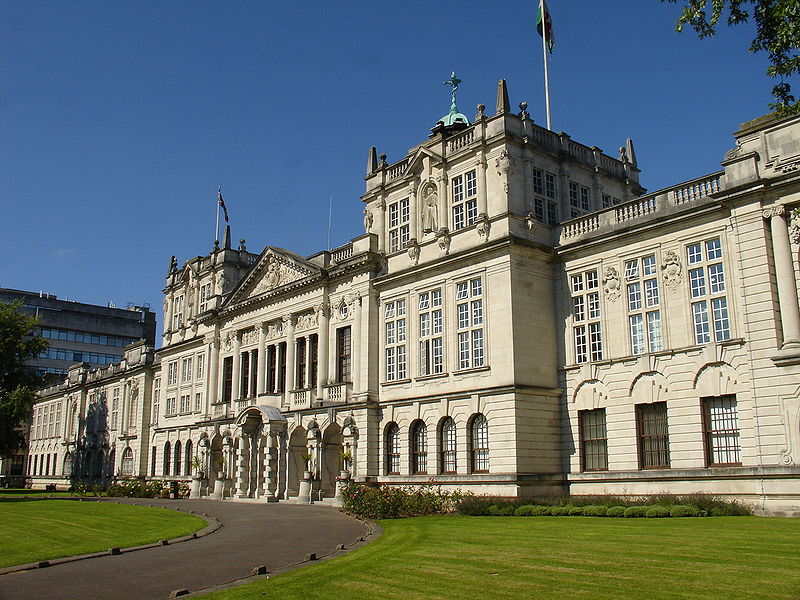Mike Parker explains the urgent need for action from funders to support magazines in Wales
You may have seen in recent weeks mention of an open letter that has been sent to officials in Welsh Government, Creative Wales and the Books Council of Wales, and signed by over one hundred and fifty of the country’s top writers and a number of organisations and unions. The letter calls on these funding bodies to urgently address the systemic underfunding of Welsh magazines and media websites.
Truly, this is urgent. Grant levels have been dropping for years. In the open letter, one example quoted is that of Planet: The Welsh Internationalist, the hugely influential periodical founded in 1970, whose core funding is now less than half of what it was in the pre-devolution era, not even factoring in inflation.
At the same time, harsher funding conditions have also become normalised, and together, these factors have led to a race to the bottom in working conditions for the tiny staff teams on magazines and websites. Across the board, staff are routinely working twice, even three times, what they are paid for – and what they are paid is a pittance. Freelancers too are expected to work for next to nothing. The situation is wholly unsustainable, and effectively disbars many potential entrants from less traditional backgrounds.
The stories and analyses within these publications time and again travel far beyond their origins, framing Wales to the world, and the world through Welsh eyes for far, far larger audiences than their immediate subscription base.
One of the things I was personally most eager to counter with the open letter was the sense (voiced by some) that this is an unloved and unsuccessful sector woefully dependent on ‘handouts’.
What we have in fact is a wide range of dynamic micro-businesses, progressive in outlook and upholding the highest ethics. They help forge cultural connections within a highly fragmented public sphere, provide platforms for vital dialogue, and foster the political and perceptual development of the Welsh nation. The tiny amount of public funding seeded within the sector goes an uncommonly long way.
And ‘seeding’ is the word here. The stories and analyses within these publications time and again travel far beyond their origins, framing Wales to the world, and the world through Welsh eyes for far, far larger audiences than their immediate subscription base. Numerous stories have found their way onto front pages across the UK and Europe, though the reach is far more than just the news cycle.
Some of Wales’ small periodicals have published hugely important books too. Planet put out Charlotte Williams’ groundbreaking Sugar and Slate, which won the Wales Book of the Year and will be republished soon by Penguin; New Welsh Review recently published Jasmine Donahaye’s powerful Birdsplaining, which has featured in literature festivals including Hay, Oxford and Edinburgh; O’r Pedwar Gwynt published what many consider to be one of the most significant modern Welsh novels, Cymru Fydd by Wiliam Owen Roberts.
Discussions and debates that drive Wales forward.
Join Wales’ leading independent think tank.
Seeding is the word too with their contributors. Many of Wales’ most successful writers and journalists cut their teeth in this sector, gaining valuable early experience of writing to the highest editorial standards and practices, and all periodicals continue to mentor emerging talent. Into the digital age, and the same is true of other creative practitioners. Artists, performance poets, film-makers, podcasters and other audio practitioners have all gained invaluable training and exposure within this sector.
In the English language, all of this comes for a tiny annual sum of £175,000. This is the combined total given for core funding by the Books Council to Planet, New Welsh Review/Reader, Poetry Wales, the welsh agenda, Wales Arts Review and Nation.Cymru.
In the same week that the open letter was published, it was announced that the Welsh Government was giving £825,000 to an American gaming corporation to open an office in Wales.
Ireland and Wales share many traits, a profound love of the written and spoken word included – but the difference in the price of that love is clear.
Last year, it was confirmed that they’d bought a farm near Talybont-on-Usk for £4.25 million. According to Economy Minister Vaughan Gething, this would ensure that the Green Man festival ‘has a permanent home in Wales’.
This top-down strategy has a very patchy track record. Worse, it perhaps confirms a belief that it is better to import off-the-peg solutions from elsewhere than to seed investment in domestic initiatives. This damns our magazines with the tang of second-best, something that has always infected home-grown Welsh culture, in both languages.
Contrast that with the attitude of our neighbours in Ireland. The Stinging Fly receives €200,000 every year and The Dublin Review €86,000, with many more publications funded besides.
Ireland and Wales share many traits, a profound love of the written and spoken word included – but the difference in the price of that love is clear.
Four years ago, the Welsh government published Fair Work Wales, a detailed commitment to decent employment conditions. ‘Public money,’ they stated, ‘should be provided only to organisations fulfilling, or working towards fulfilling, our definition of and characteristics of fair work.’ These were named as ‘fair reward; employee voice and collective representation; security and flexibility; opportunity for access, growth and progression; safe, healthy and inclusive working environment; legal rights respected and given substantive effect.’
Through no fault of their own, almost all Welsh periodicals and websites do not fit these criteria. They cannot.
For the cultural health of Wales, and the sake of this highly esteemed sector not just as it is now, but for new entrants in the future, things must change.
If the idea that Wales is different, and holds values not driven by the austerity obsessions of Westminster, is to mean anything at all, then our government needs to act. The sums are not large, but here they could make a world of difference.
This week, we highlight the role of public interest journalism: why it matters, and what can be done to strengthen it.
All articles published on the welsh agenda are subject to IWA’s disclaimer. If you want to support our work tackling Wales’ key challenges, consider becoming a member.





